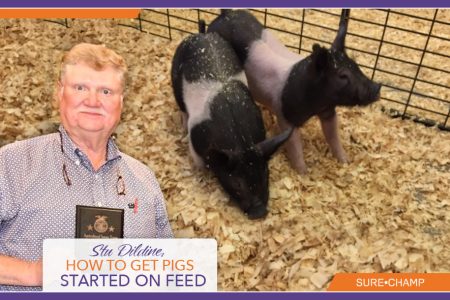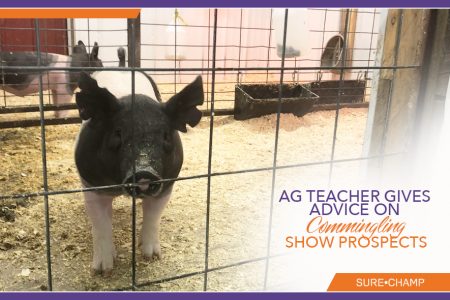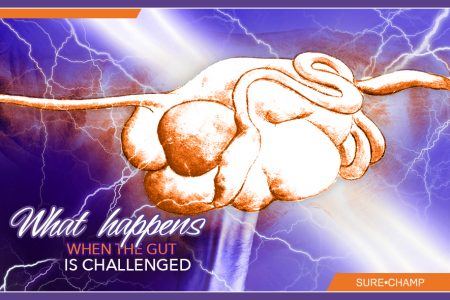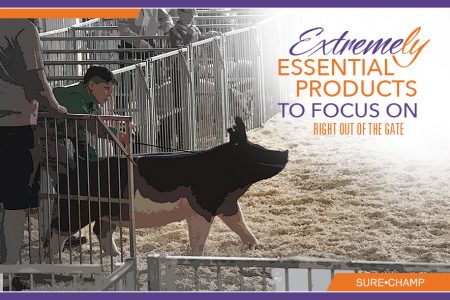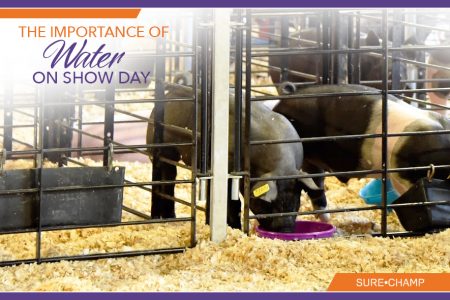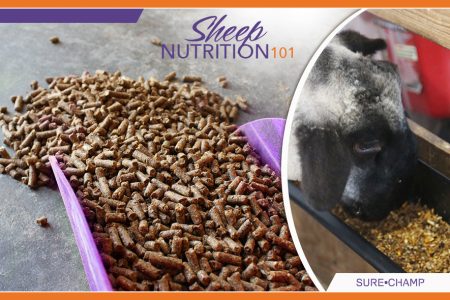Getting a new set of show pigs into your barn and on feed is a lot like running a daycare. Those young pigs are coming from various homes or points of origin with various germs and sniffles. They are also 100-percent dependent on their human caretakers to make sure they have everything they need to […]
Tag: Nutrition
Ag Teacher Gives Advice on Commingling Show Prospects
For some people, getting new livestock show prospects is similar to seeing what is under the tree on Christmas morning. Families, students, advisors and teachers can and do spend countless hours studying young animals before deciding which ones to bring home to feed out for their respective show seasons. And then, they get them to […]
What Happens When the Gut is Challenged
It is no secret that producers are more concerned about gut health more than ever before. Operations have implemented better management practices and have even stepped up nutritional protocols to offset the negative impacts of stress. But why are we so concerned about maintaining gut health? The gut is where all nutrients are absorbed. Without […]
Extremely Essential Products To Focus On Right Out Of The Gate
If you show livestock, you understand the frustration you feel when your animal goes off feed. Sure Champ® is proud to offer a product line that seeks to alleviate some of your frustration and keep animals on track; because if your animals aren’t eating, you’re not winning. “Keeping animal health and digestive health in the […]
The Importance of Water on Show Day
As things are heating up across the country, both in temperature and competition in the ring, it is important to pay attention to the most vital nutrient…WATER. High quality drinking water is key to ensure that you have healthy and productive animals that feel good come show day. However, sometimes the quality of the water […]
Sheep Nutrition 101
Q&A with Nick Warntjes, Associated Feed and Supply What makes up a ‘balanced’ feed ration? A balanced feed ration supplies the proper amounts and proportions of nutrients needed for a specific purpose or stage of an animal’s life. While a show lamb diet might have different specs than a lactating ewe ration, all diets should […]
